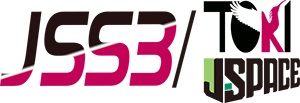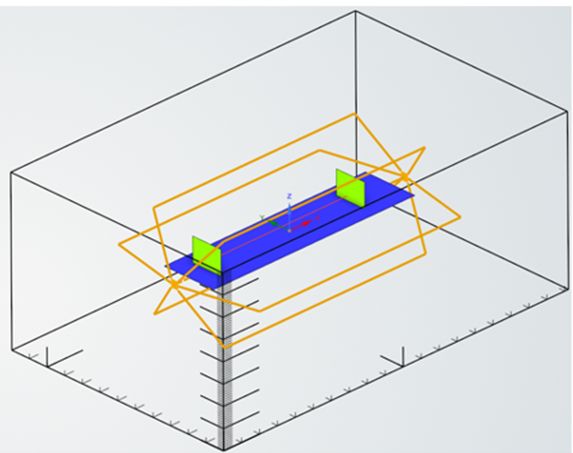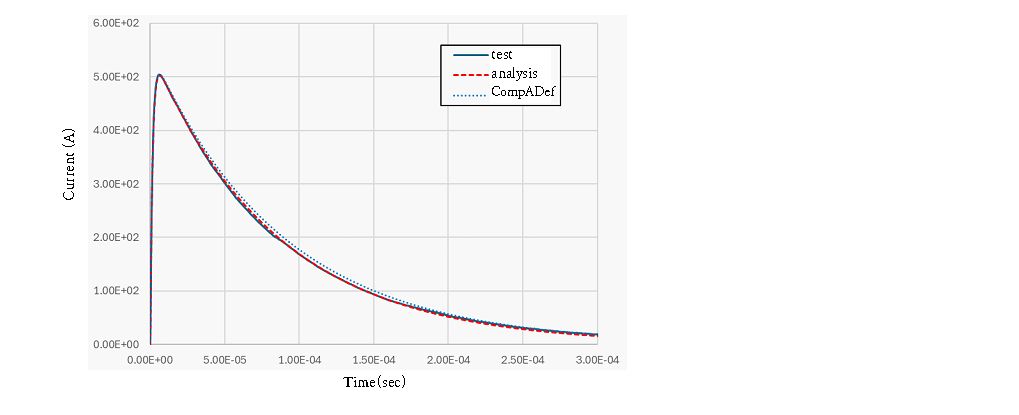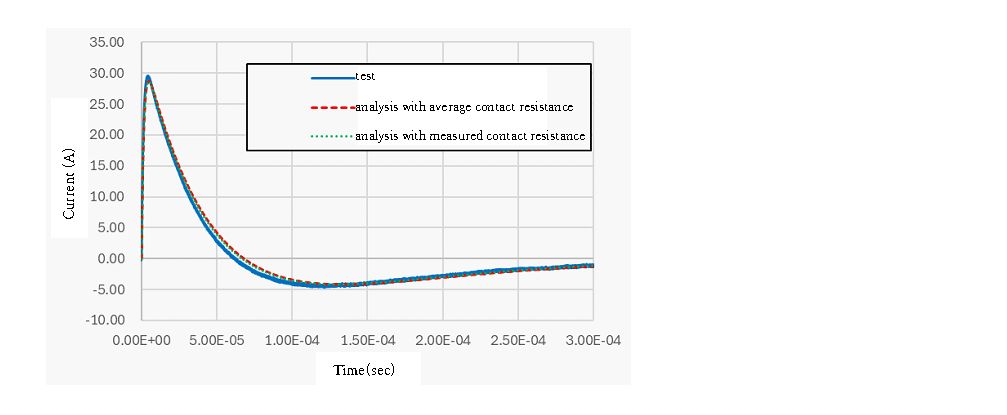Research on DX in Aircraft Certification
JAXA Supercomputer System Annual Report February 2024-January 2025
Report Number: R24ECMP40
Subject Category: Competitive Funding
- Responsible Representative: Tomo Takeda, Aviation Technology Directorate, Aircraft Digital Transformation Technology Demonstration Project Team
- Contact Information: Tomo Takeda(takeda.tomo@jaxa.jp)
- Members: Hisashi Kumazawa, Makoto Goto, Shintaro Kamiyama, Kenji Asakawa
Abstract
The objective of this research is to evaluate analysis accuracy and effect of a bundle of wires close to the target wire in element tests for indirect effect of lightning on aircraft.
Reference URL
N/A
Reasons and benefits of using JAXA Supercomputer System
High-performance computing is necessary, because numerous electromagnetic field analyses need to perform to evaluate multiple parameters such as properties of adjacent wire bundle and target wire.
Achievements of the Year
Electromagnetic field analysis of specimen model composed of a metal flat plate and one wire (Fig. 1) were conducted, and accuracy of the analysis was evaluated by comparing the test results. The main results from the analyzed induced current waveform (Fig. 3) with the specimen model in case of input lightning current waveform as shown in Fig. 2 are as follows.
(1) The specimen model (Fig. 1) can provide sufficient accuracy as a base model for evaluation of effects of the parameters.
(2) Though individual differences in contact resistance between the wire and an aluminum housing exist, the effect of variation of the contact resistance is small because there is small difference between induced current waveforms with average and individual contact resistances.
This results were obtained from a project, JPNP23012, commissioned by the New Energy and Industrial Technology Development Organization (NEDO).
Publications
N/A
Usage of JSS
Computational Information
- Process Parallelization Methods: N/A
- Thread Parallelization Methods: N/A
- Number of Processes: 1
- Elapsed Time per Case: 10 Hour(s)
JSS3 Resources Used
Fraction of Usage in Total Resources*1(%): 0.02
Details
Please refer to System Configuration of JSS3 for the system configuration and major specifications of JSS3.
| System Name | CPU Resources Used(Core x Hours) | Fraction of Usage*2(%) |
|---|---|---|
| TOKI-SORA | 0.00 | 0.00 |
| TOKI-ST | 77.12 | 0.00 |
| TOKI-GP | 0.00 | 0.00 |
| TOKI-XM | 29.75 | 0.01 |
| TOKI-LM | 0.00 | 0.00 |
| TOKI-TST | 0.00 | 0.00 |
| TOKI-TGP | 0.00 | 0.00 |
| TOKI-TLM | 0.00 | 0.00 |
| File System Name | Storage Assigned(GiB) | Fraction of Usage*2(%) |
|---|---|---|
| /home | 1269.00 | 0.86 |
| /data and /data2 | 120384.17 | 0.58 |
| /ssd | 0.00 | 0.00 |
| Archiver Name | Storage Used(TiB) | Fraction of Usage*2(%) |
|---|---|---|
| J-SPACE | 0.00 | 0.00 |
*1: Fraction of Usage in Total Resources: Weighted average of three resource types (Computing, File System, and Archiver).
*2: Fraction of Usage:Percentage of usage relative to each resource used in one year.
ISV Software Licenses Used
| ISV Software Licenses Used(Hours) | Fraction of Usage*2(%) | |
|---|---|---|
| ISV Software Licenses(Total) | 0.00 | 0.00 |
*2: Fraction of Usage:Percentage of usage relative to each resource used in one year.
JAXA Supercomputer System Annual Report February 2024-January 2025





